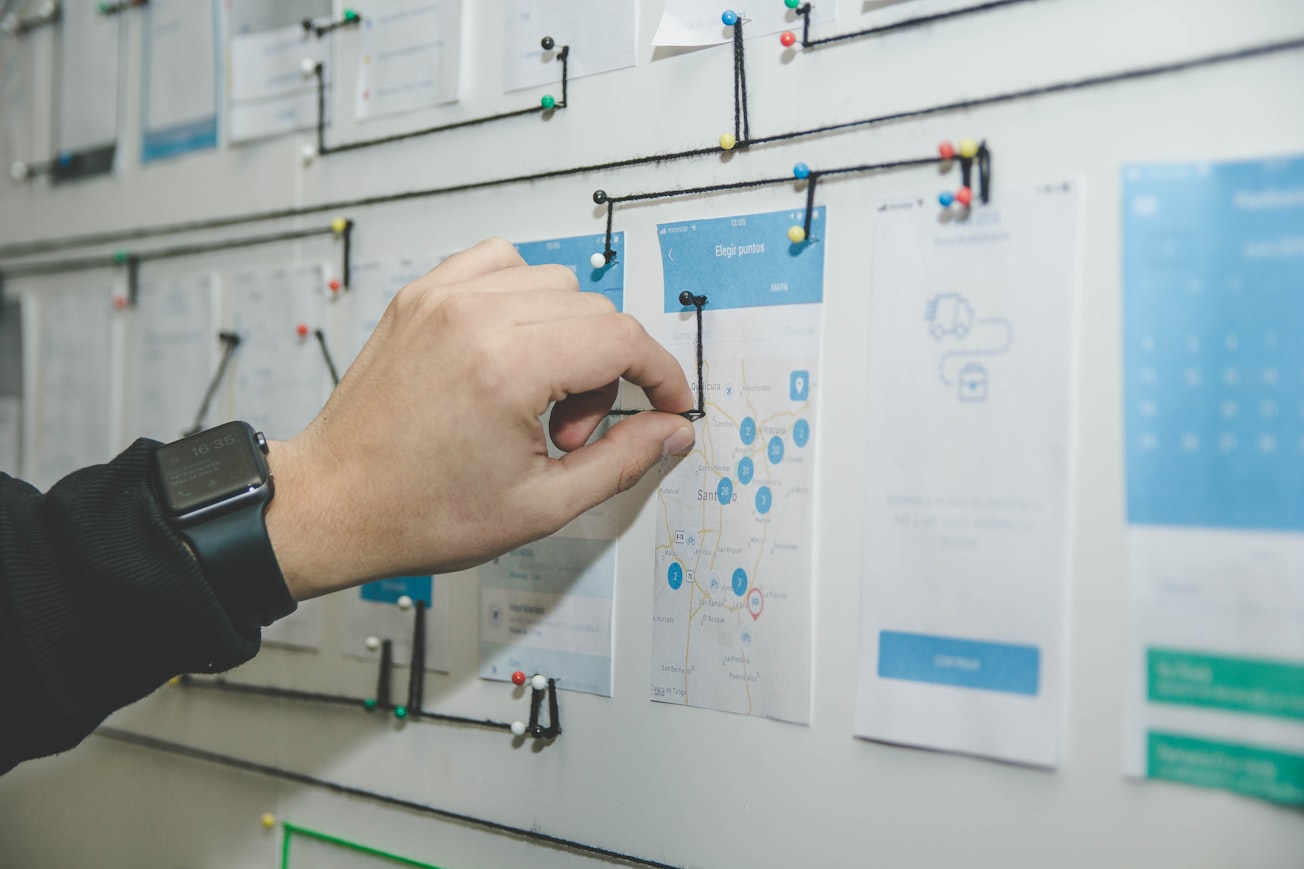What is it about?
Self-regulated learning skills are essential in learning in an online environment; hence, the study aims to explore learners’ perception in an online learning environment, self-regulated learning skills, and academic achievement during a research methods course.
Featured Image

Photo by Alvaro Reyes on Unsplash
Why is it important?
This study is important since it provides how the students control their learning during the first implementation of home-based online distance learning during the COVID-19 pandemic. Results of regression analysis imply the influence of perception on the online learning environment on self-regulated learning skills. However, perception does not affect learners’ academic achievement.
Perspectives
We hope that this article contributes information related to the improvement of teaching instructions and the development of interventions specific to improving learners’ self-regulated learning skills during online distance learning or during the pandemic.
Fritz Ferran
Read the Original
This page is a summary of: Perception on research methods course’s online environment and self-regulated learning during the COVID-19 pandemic, E-Learning and Digital Media, June 2021, SAGE Publications,
DOI: 10.1177/20427530211027722.
You can read the full text:
Resources
Extended Technology Acceptance Model to Examine the Use of Google Forms – based Lesson Playlist in Online Distance Learning
Shifting to online distance learning due to the COVID-19 pandemic challenged educators' roles as instructional materials designers. This study aimed to examine the students' acceptance of the teacher-designed e-learning tool called Google Forms-based Lesson Playlist (GF-LP) in a home-based online distance learning environment. This quantitative research analyzed 570 responses from Grades 11 and 12 students at a private school in the Philippines using the partial least squares-structural equation modeling. Results showed that perceived self-efficacy and system quality strongly affect the users' perceived ease of use while perceived ease of use highly influenced the students' perceived usefulness of GF-LP. Facilitating conditions do not affect the users' attitudes towards using the e-learning tool, which confirmed the effective utilization of GF-LP in online distance learning. The relationships between the original constructs of the Technology Acceptance Model (TAM) were also presented. This study recommends the use of GF-LP or its features for remote learning.
Google Forms-based Lesson Playlist: Examining Students' Attitude Towards Its Use and Its Effect on Academic Performance
The loss of contact hours to students due to COVID-19 could pose significant harm to students' academic performance. In this new normal, utilization of digital learning technologies (DLT) is a versatile opportunity to continue the learning in an online learning environment; however, there could be barriers that can impede its adoption and acceptance. This study followed the exploratory sequential design. The qualitative phase analyzed the data related to design factors that affect the 14 senior high school participants' attitudes in using digital technology. The qualitative phase results helped develop the nine Google Forms-based Lesson Playlists (GF-LP) for the nine-week Research Methods class. The quantitative phase analyzed the data from the 105 senior high school students with partial least squares – structural equation modeling to test the effect of the design factors on students' attitudes towards using GF-LP and their academic performance. The study found a high level of acceptance of GF-LP in terms of the design factors. Results showed that all design factors affect students' attitudes towards using GF-LP. Moreover, the students' attitude towards using GF-LP does not mediate the design factors' effect on their academic performance. These findings proved that using GF-LP in a Home-based ODL environment was effective and successful.
Contributors
The following have contributed to this page







